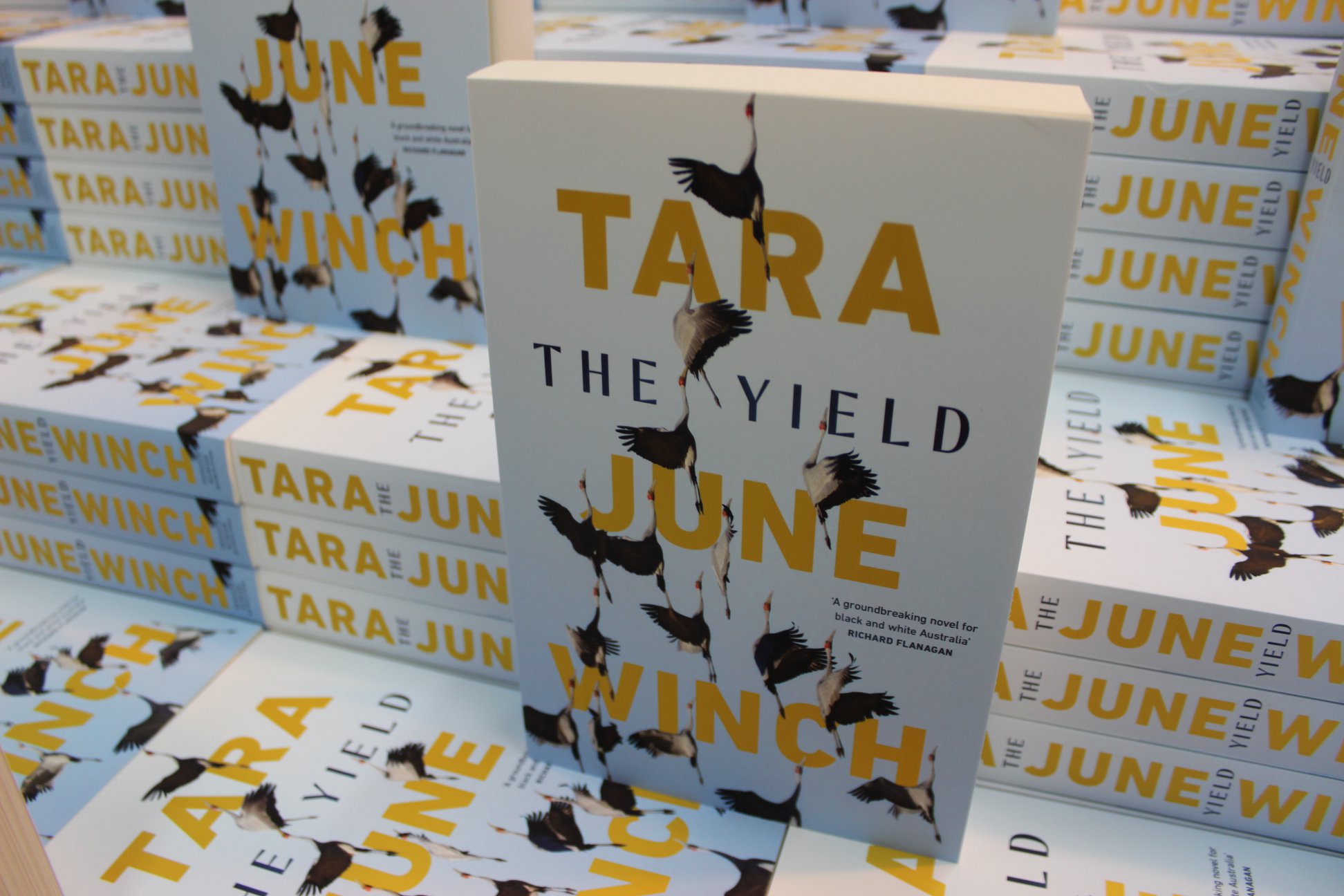

Most of the novel centres around August and the impact of intergenerational trauma. The feeling that nothing was ever properly said, that she'd existed in a foreign land of herself.” “Since she was a girl, the ache had scratched further inside her, for something complete to rest at her tongue, her throat. On returning home, August is confronted by the past she has desperately been trying to escape: her lost sister, her ruptured family, and her fractured identity. Winch introduces us to the past, present and future of Massacre Plains and the Gondiwindi mob with each narrator.

He details his early settlement in Australia and the challenges of setting up a Mission in 1880. The third narrator in the book is Reverand Ferdinand Greenleaf, whose experiences we learn about through a series of letters back to England. Running from her past and ancestors, she is called back to her home in Massacre Plains when she learns of her grandfather’s death. Knowing this, he begins to write a dictionary of sorts, the words of his people and ancestors, and in doing so, he tells us his own story.Īugust Gondiwini, Abert’s granddaughter, has been living in London for a decade. Told through three different narrators, written in three different styles, Winch wields together a story that spreads its wings across decades and cultures.Īlbert ‘Poppy’ Gondiwindi is dying. I’ve previously found myself with unmet expectations when picking books similarly heaped with praise and awards, but that was not the case with The Yield.

Winner of the Miles Franklin Literary Award 2020, Book of the Year, People's Choice, Christina Stead Prize for Fiction at NSW Premier's Literary Award, and shortlisted for the VPLA and the Stella Prize, The Yield (2019) is the third book from Wiradjuri author, Tara June Winch, and one well worth spending some time with.


 0 kommentar(er)
0 kommentar(er)
